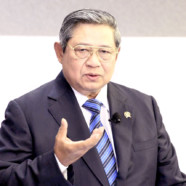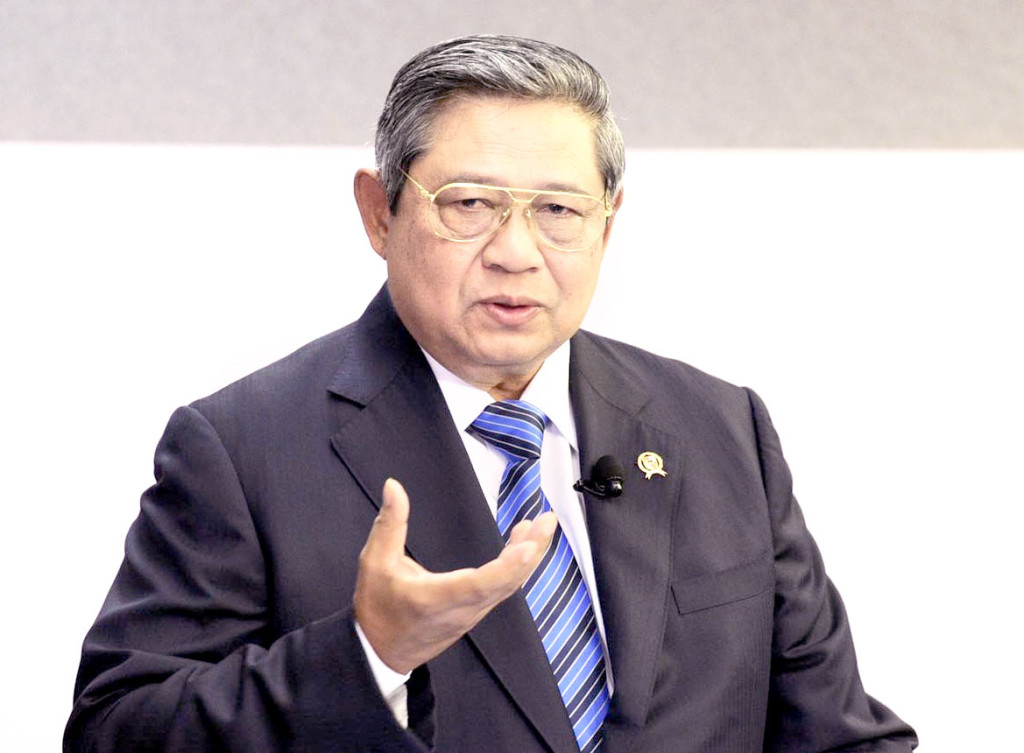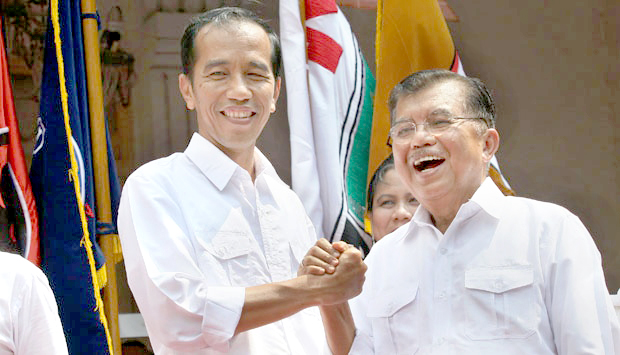US-Indonesia Partnership
United States-Indonesia Continuing Comprehensive Partnership.
It was not too long ago when US Secretary of State John Kerry, in a speech in Honolulu, Hawaii, described Indonesia as holding “the promise of a democratic future”.
With the recent success of peaceful and fair democratic elections, there is no doubt that Indonesia has made significant strides toward emerging as the third largest democracy in the world, the largest economy in Southeast Asia and a role model for peaceful, democratic transfers of power.
Indonesia has proven critical to the Asia Pacific and the world, a milestone that may well have not been reached without President Susilo Bambang Yudhoyono’s leadership and his commitment to a mature democracy and an active foreign policy, as well as to economic growth and stability.
When reflecting on Indonesia’s progress since gaining independence in 1945, one may begin to question what the future holds for Indonesia and Indonesia-US relations.
With the swearing-in of Indonesia’s new president-elect Joko “Jokowi” Widodo next month, Yudhoyono’s two five-year terms as the sixth president of the Republic of Indonesia will draw to a close, making his presence in the United Nations General Assembly in New York and subsequent visit to Washington, DC this week of utmost significance, given the worldwide acknowledgement of his successful navigation of Indonesia’s foreign policy in international fora.
The upcoming transition of power will be a pivotal point for Indonesia’s future, signifying a new phase of Indonesian governance. As with all elections, Indonesia’s president-elect may bring change.
However, given Indonesia’s role in the global community and the country’s success at holding what is only its second direct presidential election, Indonesia has set an example that peaceful and positive transformations can follow with change.
Yudhoyono has made a strong commitment to a smooth transition of power, having already worked closely with the president-elect and his transition team, sending a clear message to the world and the US that Indonesia is ready and committed to continue to grow as an emerging world leader.
Over the years, bilateral relations between Indonesia and the US have been strong, solid and progressive. With Hillary Clinton’s visit to Indonesia in 2009 on her first international trip as Secretary of State, followed by the launch of the Comprehensive Partnership by both presidents, Indonesia-US ties are closer than ever.
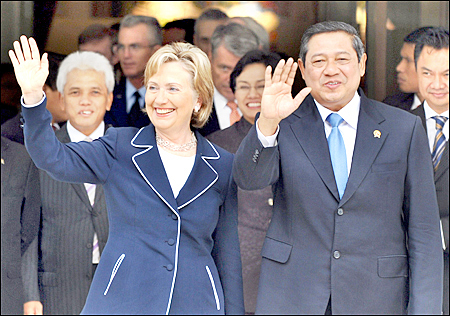
US Secretary of State Hillary Clinton (L) and Indonesian President Susilo Bambang Yudhoyono (R) wave to journalists after their meeting at the presidential palace in Jakarta on February 19, 2009. (AFP PHOTO/ADEK BERRY)
US President Barack Obama and Yudhoyono’s cooperation and commitment toward elevating and strengthening bilateral relations have laid the foundation for a strategic and vital partnership. This partnership is critical for the two nations in a long-term and sustainable fashion and it will continue beyond Obama’s and Yudhoyono’s presidential terms.
Now, the message of continuity in the bilateral relations between Indonesia and the US is going to be echoed by the visit of President Yudhoyono to New York, West Point and Washington, DC, as he will be meeting with several important decision-makers while in the US.
At the West Point Military Academy in New York, President Yudhoyono will not only be speaking as commander-in-chief, but also as a former general himself, reliving shared memories that only one who has had the unique experience of such comradeship can relate to, such as the young cadets he will be standing before in whom he hopes to inspire the promotion and waging of peace, stability and security.
In Washington, DC his visit will mark the official inauguration of the Saraswati Statue at the Indonesian Embassy, the grand opening of the IMAAM (Indonesian Muslim Association in America) Center mosque, the receipt of a prestigious award by USINDO (the United-States-Indonesia Society) and a public address on security and conflict resolution at The George Washington University (GWU). All are especially of significance in light of the recent conflict and growing concern over extremism.
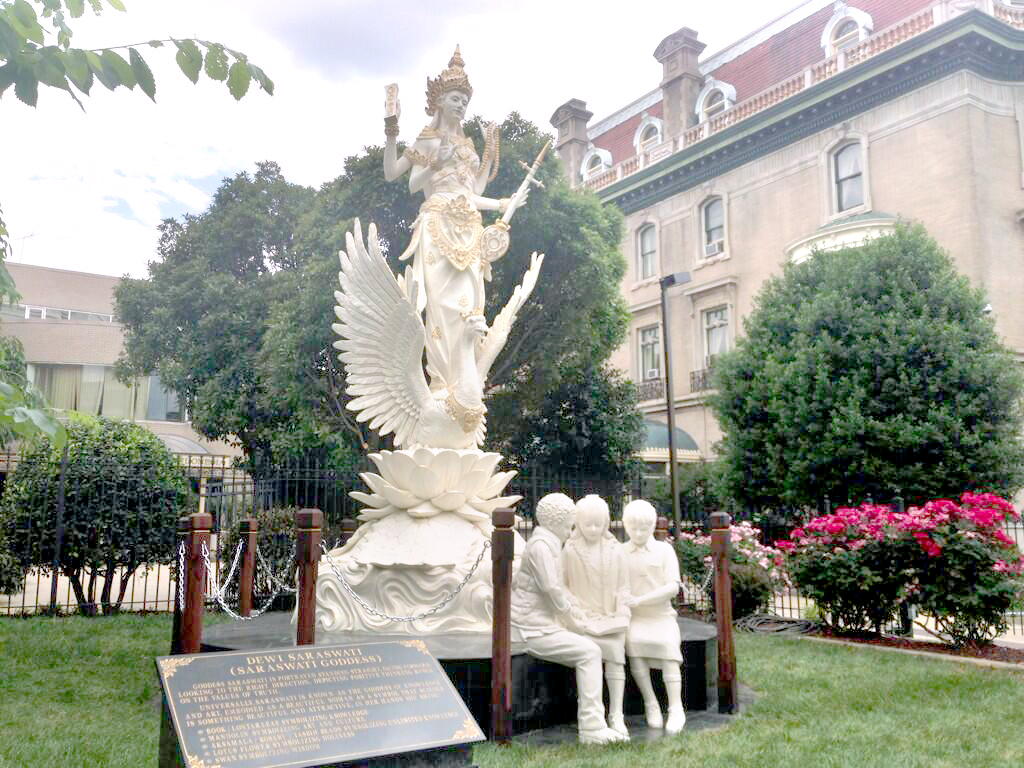
A 16-foot statue of godess Saraswati in Washington DC. It was recently gifted by Indonesia to the U.S. government.
First, the Saraswati Statue, a Hindu statue symbolizing knowledge and wisdom presented by Yudhoyono as a gift to the people of Washington, DC, is concurrently a reflection of Indonesia’s commitment — as the country with the largest Muslim population — to religious tolerance, freedom and peace.
Second, in conjunction with the grand opening of the IMAAM Center, Yudhoyono will lead a discussion among Muslim scholars in Washington, DC to exchange views on how to advance the moderate Islamic teachings Indonesia identifies with, in order to amplify the voices of those who practice and carry out its principles of harmony and peace.
And last, but not least, the lecture at The George Washington University will underline Indonesia’s role and efforts in managing global affairs and emphasize Indonesia’s commitment — as a pluralistic and democratic country — to actively achieve global peace and security.
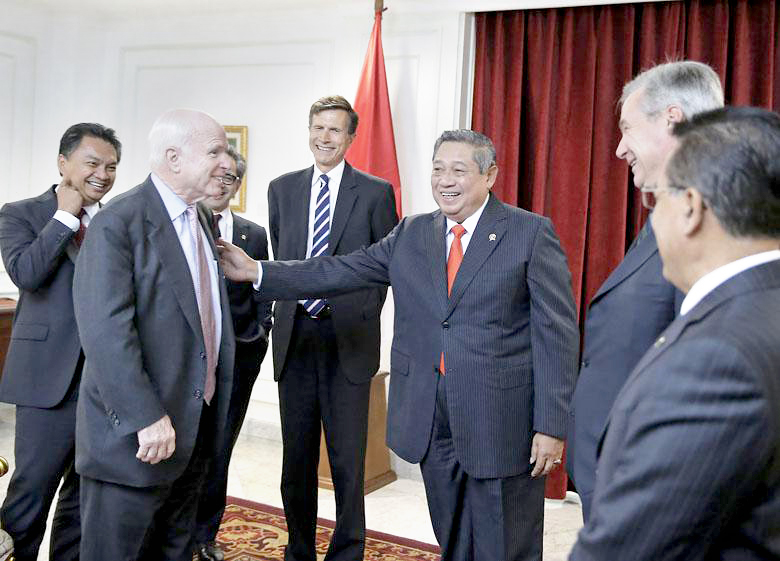
RI-US relation: Prsident Susilo Bambang Yudhoyono welcomes visiting Senator John McCain at the Presidential Office in Jakarta. (Courtesy of Presidential Office)
As US Senator John McCain stated at Indonesia’s National Day reception at the Indonesian Embassy a few weeks ago, “At a time of growing upheaval and extremism, Indonesia and the United States have so much to offer the world […]the example of two diverse peoples, spread across vast lands of waters who have committed to resolving our differences peacefully and democratically and, in doing so, creating unity from diversity, one from many, as our national mottos similarly proclaim.”
This is precisely the purpose of Yudhoyono’s visit and his final message to the people of the United States as the President of Indonesia: That as a regional power with global responsibility, Indonesia is committed to advancing prosperity and stability, both regionally and worldwide, and to realizing the full potential of the US-Indonesia Comprehensive Partnership, which will undoubtedly continue past his presidency — and beyond.
Source: Budi Bowoleksono / Indonesian Ambassador to the United States / Jakarta Post

